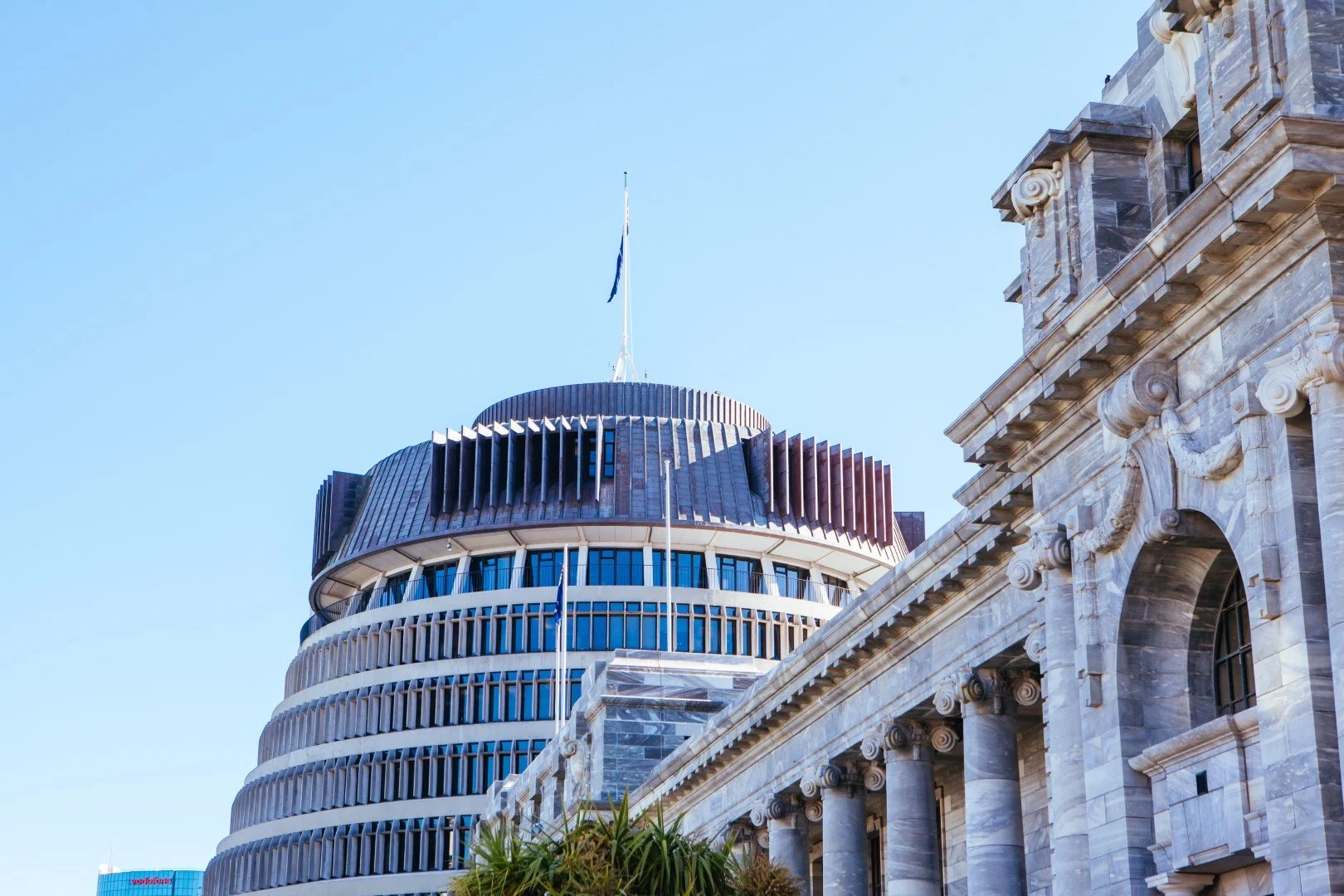The weekly budget trap cuts across all wealth demographics. It makes you think, “I can’t afford those $200 boots that will last ten years. I’ll just buy the $40 ones that last eight months, because they cost less now.”
But this isn’t financial logic; it’s a fallacy. You spend more and get less value. The mathematics are brutal: those $40 boots become $600 over a decade, whilst the quality pair would have saved $400.
It’s easy to just blame pay cheques or tax brackets, but this is typically more about human psychology and cash flow management than poverty. Even high earners often live month to month as lifestyle creep sets in, optimising for immediate affordability rather than lifetime value (i).
Are you buying what you need, or filling the void?
Somewhere along the way, we transformed shopping from necessity into recreation. Buying essentials became buying feelings—the momentary rush of acquisition, the brief satisfaction of choice, the fleeting sense of control. We end up with wardrobes full of clothes we don't wear, garages packed with gadgets we don't use, and credit card bills that remind us monthly of our attempts to purchase happiness.
The cruel irony is that this consumption-driven approach to fulfilment often leaves us feeling more empty, not less. Each purchase promises to be the one that finally satisfies, yet the satisfaction fades faster than the credit card bill arrives (ii).
The Temu temptation.
Consider the Temu phenomenon: millions of consumers buying directly from manufacturers they'll never meet, purchasing products with no meaningful recourse if things go wrong, no customer service to speak of, and no ongoing relationship beyond the transaction. You buy with a click, guilt-free, because you never have to look anyone in the eye.
This represents the ultimate evolution of consumer culture—a generation that has learnt to decouple purchasing decisions from moral considerations entirely. The vendor is invisible, the supply chain is opaque, and the true costs are externalised to people and places you'll never encounter.
What does thinking short term really cost us?
When we optimise for immediate affordability over long-term value, we inadvertently support systems that externalise their true costs.
Environmental degradation occurs when cheap goods mean cutting corners on sustainability.
Labour exploitation thrives when low prices depend on underpaid workers in poor conditions.
Community erosion accelerates when bargain-hunting drives business to the lowest bidder, often far from home.
This is where frameworks like B Corp certification become valuable—not as the solution to everything, but as a useful validation tool. When you're trying to align your spending (and your financial activity in general) with your values, B Corp status provides third-party verification that a company actually operates according to stakeholder-focused principles (iii).
Critics might dismiss this shift towards values-driven business as merely the world "going woke," but this misses the fundamental point. Perhaps it's time to recognise that whilst things haven't exactly gone to the dogs, this is simply the new normal.
Better business practices, stakeholder consideration, and community responsibility are essential adaptations to a world where consumers increasingly demand authenticity and accountability. Furthermore, they’re invoking responsibility for the long-term consequences of today’s decisions; in life and in finance, some careful forward thinking is always a good idea.
The case for prioritising value
The fundamental question isn't whether to buy cheap or expensive goods—it's whether our economic system should encourage decisions that prioritise immediate savings over long-term value (as it currently seems to). When short-term thinking is economically rationalised across all income levels, the issue isn't individual choices – it’s the systems that make those choices feel necessary.
This is where holistic financial planning becomes essential. Understanding the true lifetime cost of our decisions—whether buying boots or choosing business partners—helps us align our spending with our values whilst building genuine long-term wealth. It's not just about budgeting for today; it's about creating a financial strategy that reflects who we want to be and the world we want to live in (iv).
The goal isn't to shame anyone for buying what they can afford today. It's to build a world where what people can afford today also serves their interests tomorrow—and doesn't come at someone else's expense.
References
(i) Kahneman, D. (2011). Thinking, Fast and Slow. Farrar, Straus and Giroux.
(ii) Ariely, D. (2008). Predictably Irrational: The Hidden Forces That Shape Our Decisions. HarperCollins.
(iii) B Corp Movement. (2024). About B Corps. Retrieved from https://www.bcorporation.net/
(iv) Jackson, T. (2017). Prosperity without Growth: Foundations for the Economy of Tomorrow. Routledge.
Nick Stewart
(Ngāi Tahu, Ngāti Huirapa, Ngāti Māmoe, Ngāti Waitaha)
Financial Adviser and CEO at Stewart Group
Stewart Group is a Hawke's Bay and Wellington based CEFEX & BCorp certified financial planning and advisory firm providing personal fiduciary services, Wealth Management, Risk Insurance & KiwiSaver scheme solutions.
The information provided, or any opinions expressed in this article, are of a general nature only and should not be construed or relied on as a recommendation to invest in a financial product or class of financial products. You should seek financial advice specific to your circumstances from a Financial Adviser before making any financial decisions. A disclosure statement can be obtained free of charge by calling 0800 878 961 or visit our website, www.stewartgroup.co.nz
Article no. 421



